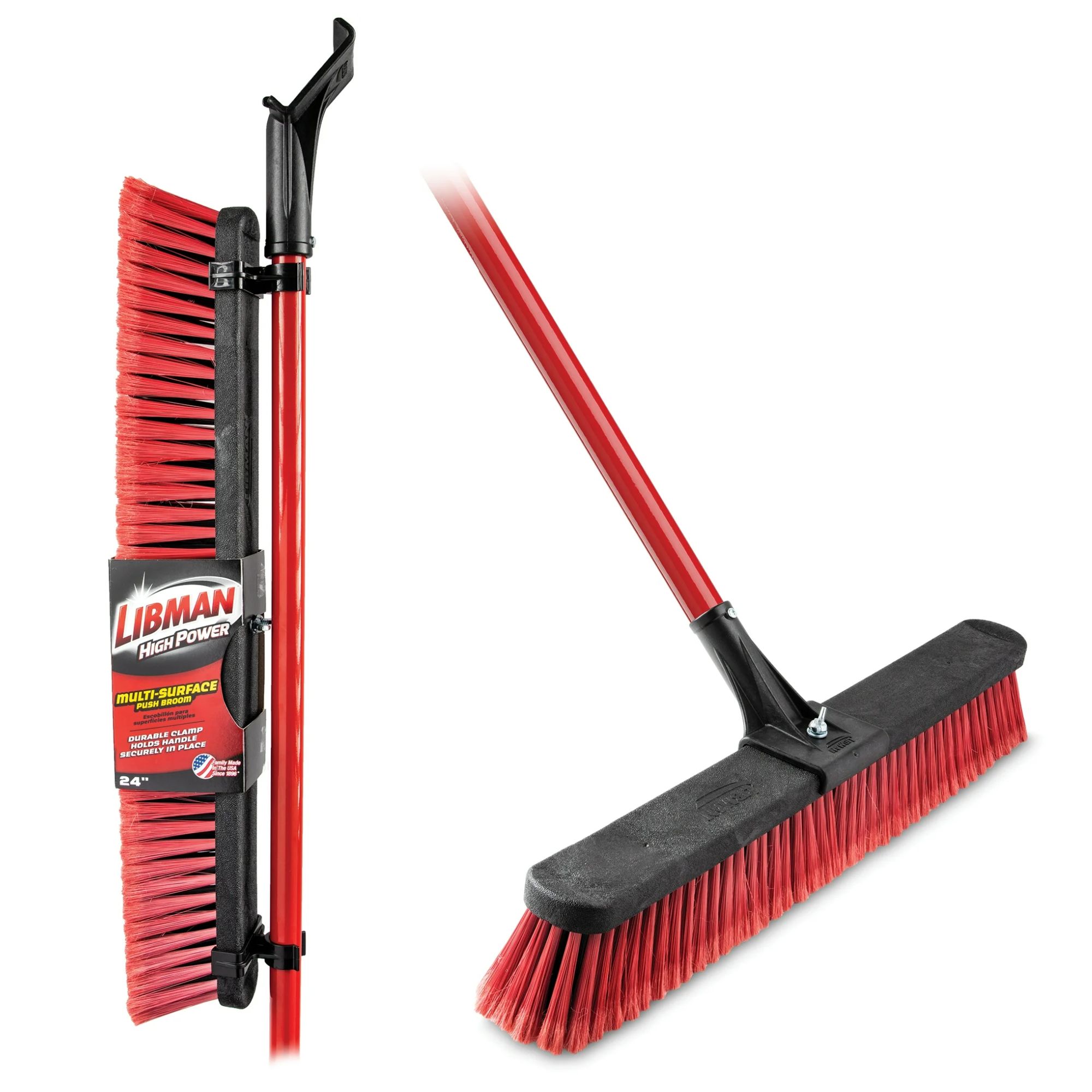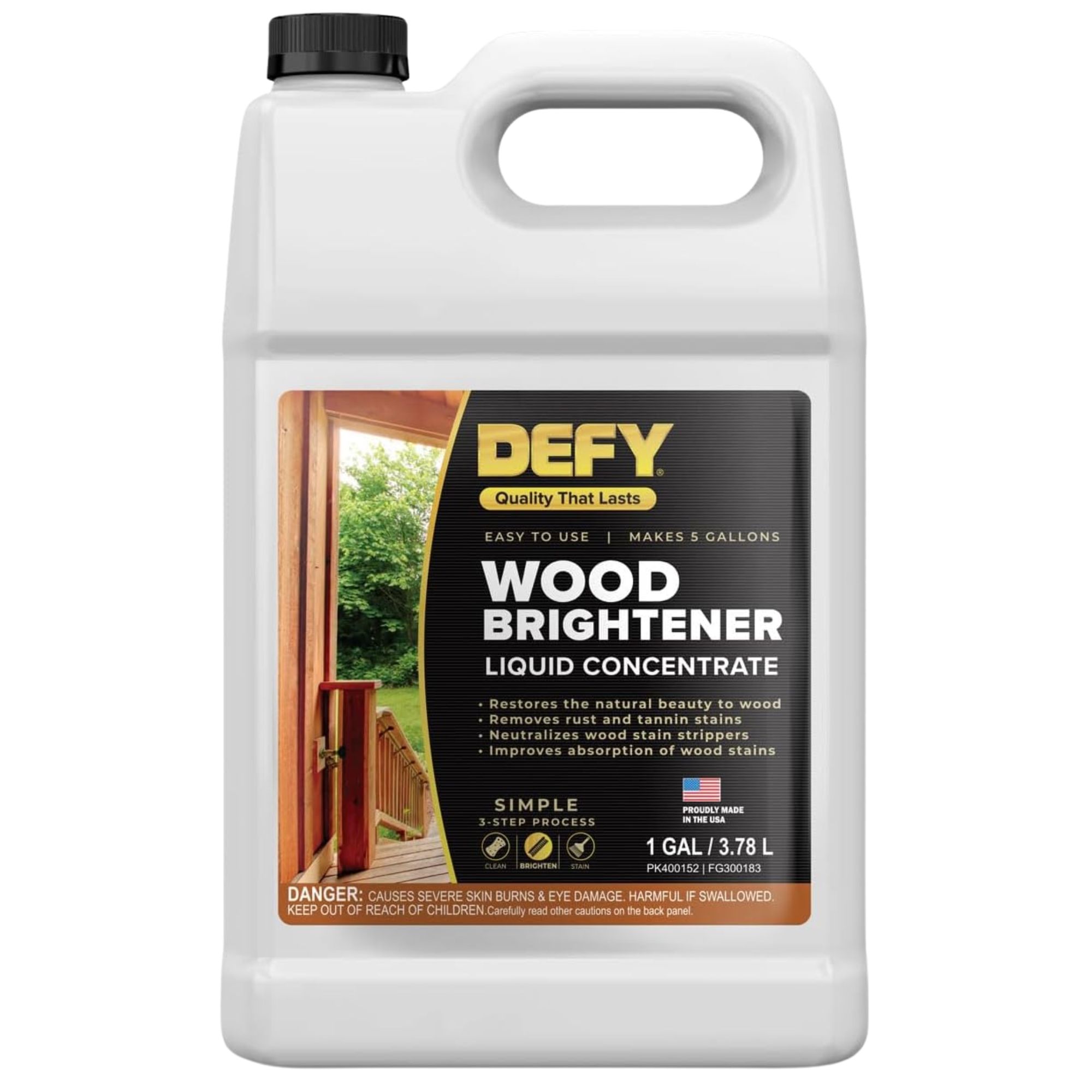How to clean a deck without a pressure washer – avoid damaging your wood with this simple, expert-approved method
Using a pressure washer can do more harm than good, experts warn

Lucy Searle
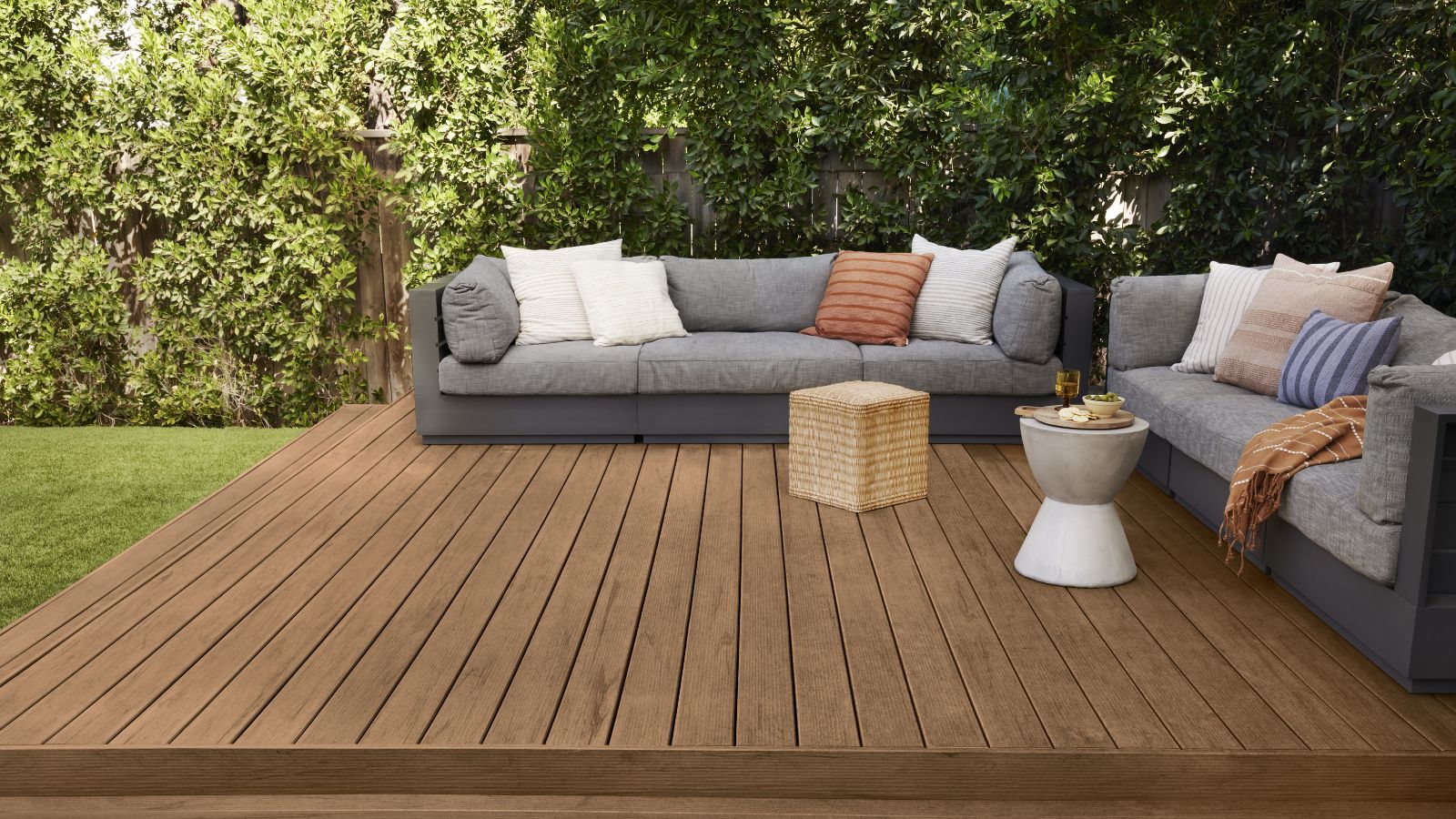
Design expertise in your inbox – from inspiring decorating ideas and beautiful celebrity homes to practical gardening advice and shopping round-ups.
You are now subscribed
Your newsletter sign-up was successful
Want to add more newsletters?

Twice a week
Homes&Gardens
The ultimate interior design resource from the world's leading experts - discover inspiring decorating ideas, color scheming know-how, garden inspiration and shopping expertise.

Once a week
In The Loop from Next In Design
Members of the Next in Design Circle will receive In the Loop, our weekly email filled with trade news, names to know and spotlight moments. Together we’re building a brighter design future.

Twice a week
Cucina
Whether you’re passionate about hosting exquisite dinners, experimenting with culinary trends, or perfecting your kitchen's design with timeless elegance and innovative functionality, this newsletter is here to inspire
Do you know how to clean a deck without a pressure washer? While using one might make the job much quicker and easier, doing so can damage the wood by raising its fibers, leaving your deck in need of additional cleaning and earlier replacement.
Instead, you should use gentle soap and water, with a broom or brush that has scratch-free but durable bristles.
Here, professional cleaners and decking experts detail the best products and the safest steps to clean a deck, without the risk and worry of unnecessary damage.
How to clean a deck without a pressure washer
Step 1: Prepare the space

While you may have furniture and decorations on your decking, ensure you remove everything before getting started on cleaning.
Before you start this essential outdoor cleaning task, Steven Walley, decking expert at London Stone, advises, 'It's important to clean your decking once it's dry, so make sure it has fully dried out if it has been raining. Once ready, clear the area from any plant pots and use a broom to remove loose debris and leaves off the surface.' For this reason, wait for a dry and sunny day to tick off this task.
We recommend the Amazon Basics Heavy-Duty Broom available at Amazon for this, as it has durable, stiff plastic bristles that won’t weaken or break.
Also, don't forget to protect any plants you're not able to move, says Drew Swainston, Gardens content editor here at Homes & Gardens. 'If you aren't using a harsh chemical product, you can protect surrounding plants simply by wetting them with a hose.
'Otherwise, use plastic drop cloths to protect them. I like these Clear Plastic Sheeting Drop Cloths available at Amazon, because they have good tear-resistance, meaning you can reuse them time and again.'
Design expertise in your inbox – from inspiring decorating ideas and beautiful celebrity homes to practical gardening advice and shopping round-ups.
All prices were correct at the time of publication.
Step 2: Clean your deck
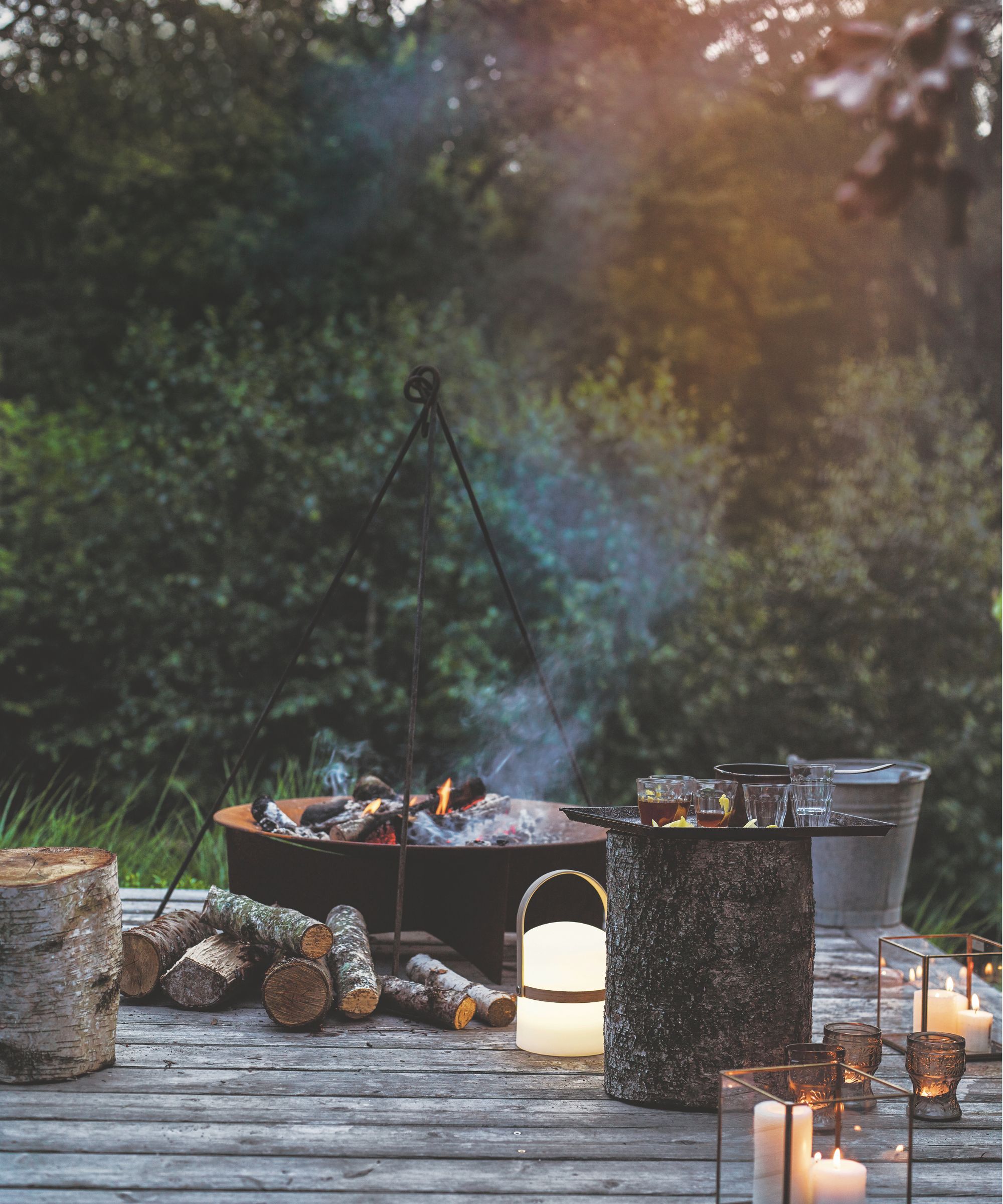
Once clean, your decking will be the ideal spot for hosting gorgeous get togethers, like this one, with your friends and family.
The easiest, and preferable, way to clean a deck without a pressure washer is to use a dish soap solution, which will freshen a deck and is strong enough to remove mild stains.
'Once you've prepped the area, squeeze washing up liquid into a bucket and add hot water, before mopping the solution onto the deck,' advises Steven. 'Use a bristled brush to lather the solution and scrub thoroughly to lift the grime, making sure to brush in the direction of the grain on the decking, as this will make it easier.'
A brush with a long handle, such as the SUGARDAY Floor Scrub Brush with Long Handle available at Walmart, will also be quicker and easier to use than a handheld type, while still being delicate on surfaces. If you're particularly worried about the wood of your decking, Evie Graham, cleaning expert and founder at WasteDirect, advises, 'Car washing brushes with extension poles work better than anything marketed for decks. Those dedicated deck brushes use bristles far too stiff that scratch soft woods. The vehicle brushes apply enough pressure without damaging the surface fibers.'
In some cases, for particularly stubborn stains, you might need something a little stronger. A for-purpose deck cleaner, such as 30 SECONDS Outdoor Cleaner available at Walmart, will do the job for you, but just be aware that there are many different types available, and you will need to choose one that doesn't strip off any existing finishes or damage plant life surrounding the deck.
If you are using a deck cleaner to remove more stubborn stains or to clean up a really neglected deck, the key to success is to follow the manufacturer's instructions and to test it on a small, tucked away area first. Helpfully, you can use deck cleaners on all your deck ideas, from the main surface to railings. Always work in small sections to keep the areas you are working on manageable, completing entire lengths of timber at a time before moving on.
You can also use oxygen bleach to remove green mold and mildew from a wood deck, recommends Evie. She explains, 'For me, oxygen bleach outperforms everything else for stubborn deck stains. I had a client with horrible black spot fungus on their expensive hardwood deck, and every standard cleaner failed completely.
'So, I added OxiClean Versatile Stain Remover Powder available at Amazon to warm water, let it sit for 20 minutes, and then gave it a light scrub. The fungus literally lifted away without damaging the wood color. Traditional chlorine bleach strips natural color, while oxygen bleach preserves it.'
You can also, as Steven suggests, use baking soda. 'Baking soda is a good cleanser for your composite decking without ruining it, as it’s not harsh,' he explains. 'Sprinkle some baking soda on the decking before using a soft bristle brush to rub in and rinse with water.' The ARM & HAMMER Pure Baking Soda available at Walmart is perfect for this, with hundreds of other uses all around the home.
Whichever solution you decide is best for your space, follow up with a thorough rinse on a light setting, unless using a deck cleaner that isn't designed to be, before inspecting the deck and repeating if necessary. Don't forget to rinse off any plants, too, which may have been spattered in the process.
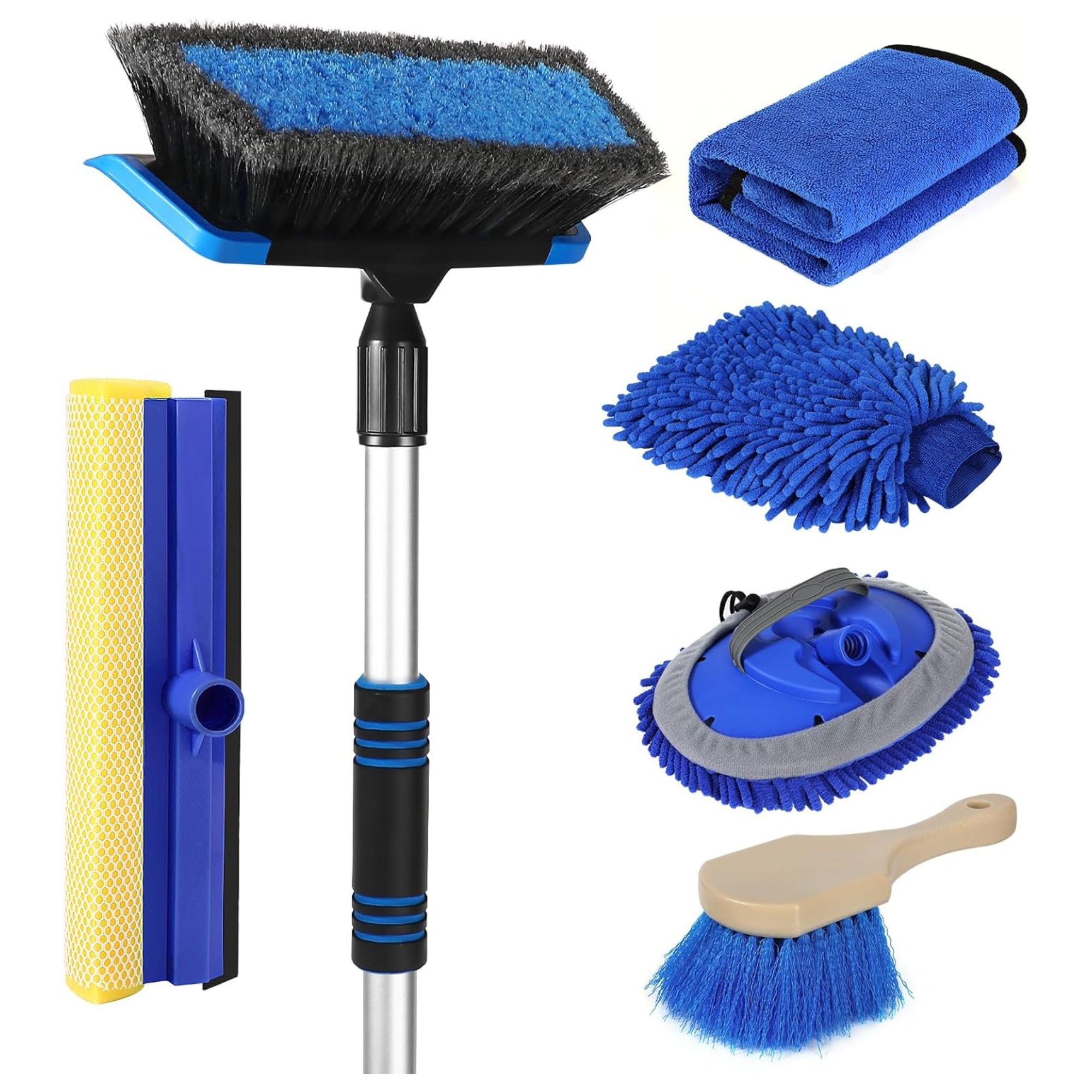
This extra long car wash cleaning brush features a 62-inch handle, to make reaching into tricky corners and crevices easy, with no-scratch soft bristles and a protective rubber bumper.
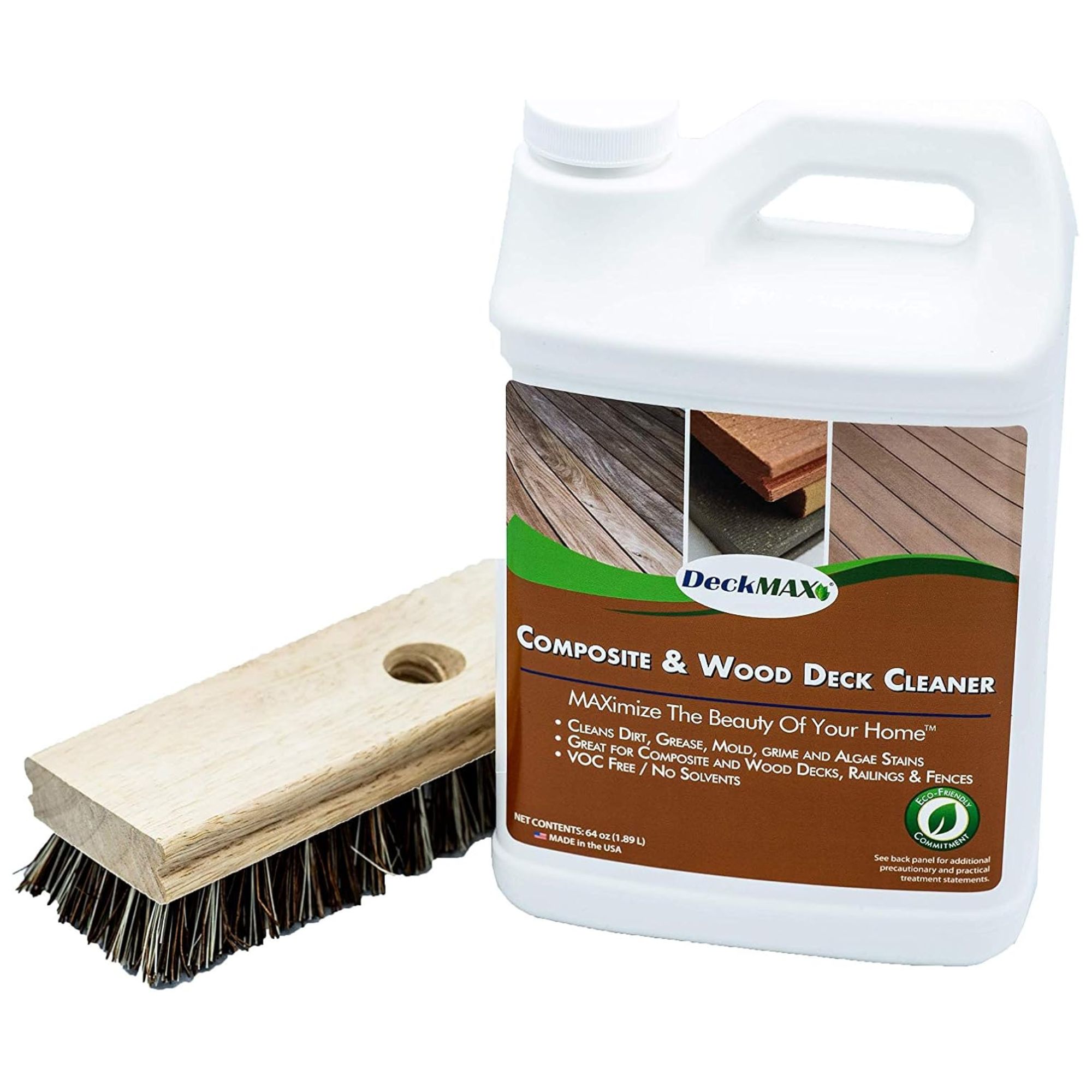
This deck cleaner is specifically formulated to remove black and green stains, with zero VOCs or solvents.
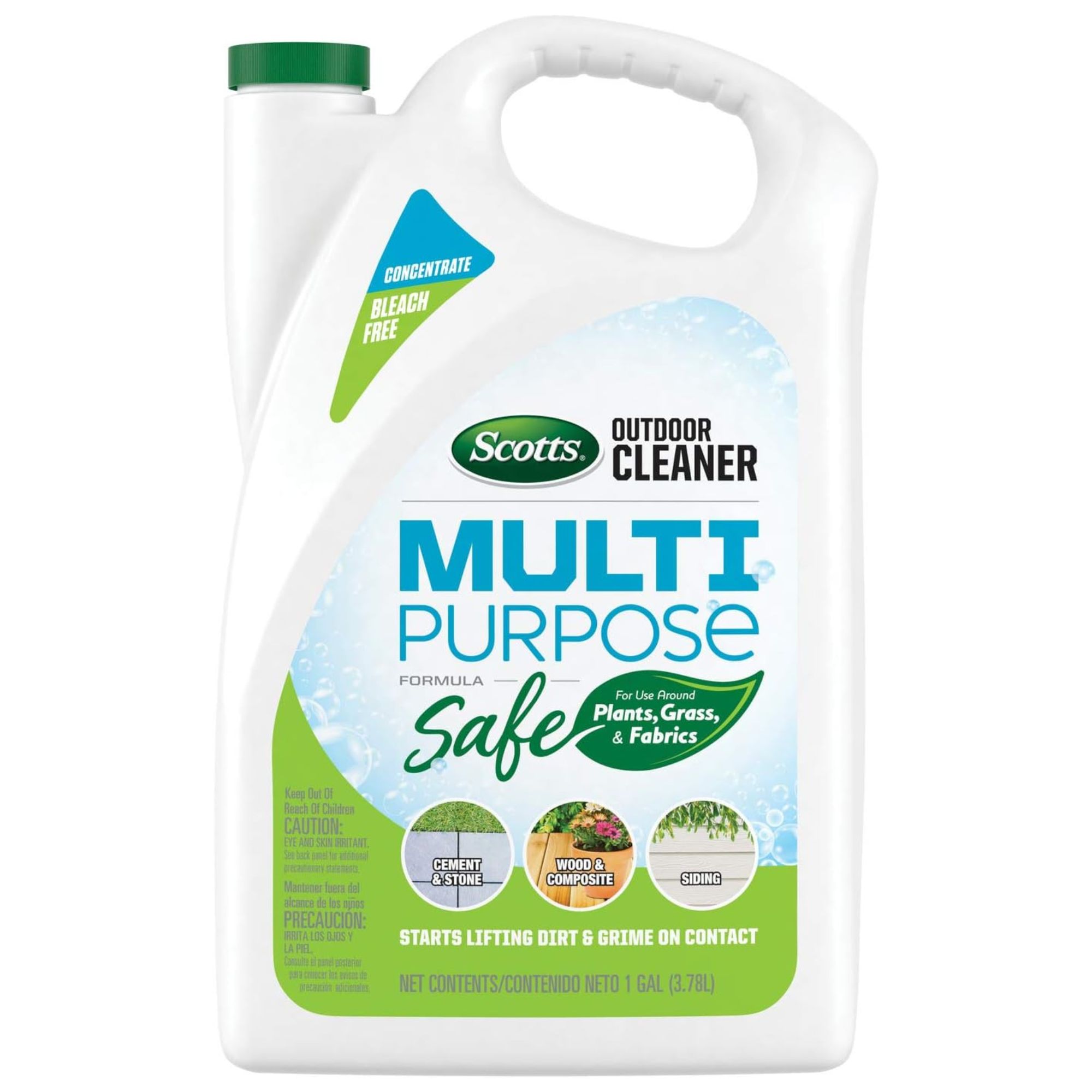
This can be used for cleaning patio pavers without a pressure washer, too, to keep surfaces looking fresh and free of dirt and grime.
Step 3: Dry and protect
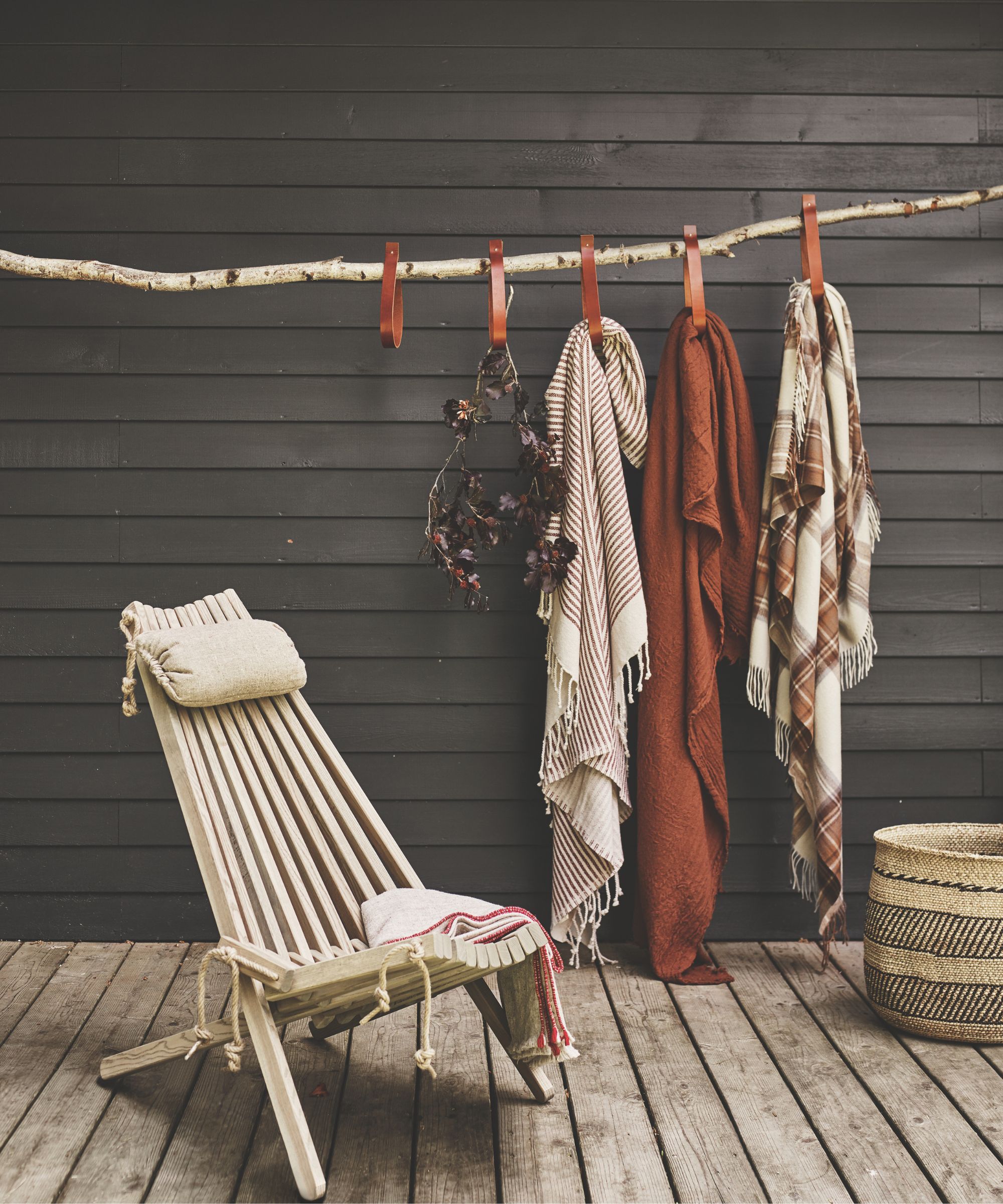
Finally, allow your deck to dry off thoroughly in the sunshine.
Finally, allow your deck to dry thoroughly, before optionally sealing for protection.
'The drying window also matters more than anyone admits,' warns cleaning expert Evie. 'Our deck projects consistently show that waiting a full 48 hours after cleaning before sealing creates dramatically better results than the standard 24 hours most products suggest.'
Whether you need to stain the deck or paint the deck, this cleaning process might be all you need, though for best effect, you may need to sand the deck instead, before sealing with a waterproof stain, such as the Thompson’s WaterSeal Multi-Surface Waterproofer Stain available at Amazon.
Meet our experts

Steven set up London Stone with his brothers in 2006, after a career as a hard landscaper, and is now a leading industry expert on hard landscaping and paving materials, specializing in paving, decking, cladding, screening and steps.

Evie has years of experience in the cleaning and waste disposal industry, championing efficiency, affordability, and sustainability.
FAQs
Is it better to power wash a deck or use a deck cleaner?
It is without doubt better to clean a deck without a pressure washer, because, as decking expert Steven says, 'The strength of the water pressure can expose weaknesses in the wood, causing it to crack or splinter.'
If you must use a power washer, ensure you use a low-pressure setting, a wide nozzle, and hold the nozzle at least a foot from the surface of the wood, moving constantly with the grain of the wood. Better still, brush on and then rinse off an eco-friendly deck cleaner, such as the biodegradable Mighty Mint Outdoor Cleaner available at Amazon.
Will vinegar damage my deck?
You may find that you are successfully cleaning with vinegar indoors, but that doesn't mean you should use it on your deck. Diluted it will kill mold, but if it's left to soak into the wood, or used undiluted, vinegar will leech the color out of the decking. Better to use dish soap or a made-for-purpose deck cleaner.
Will bleach damage my deck?
Bleach (and by this, we mean chlorine bleach) will damage a deck by whitening the wood unnaturally and even corroding metal elements. It will also harm plant life. Plus, while it will remove algae and mold, it won't kill the mold spores, which will return. Better to clean with oxygen bleach, which won't harm plant life but is present in the best deck cleaners.
'Your decking can often gain unsightly marks or become slippery from a build-up of algae and moss, so staying on top of cleaning is key in helping it stay in good condition all year round,' says decking expert Steven.
If you notice patches of algae, for example, question the reason for their presence and take action, if possible, to minimize or remove them. It might be that they are caused by poor drainage, or you might need to fix a leaky faucet, for example.
And, even in winter, get out and sweep up debris, especially fallen leaves, which can leave stains behind. Next, tackle cleaning your balcony or cleaning your patio without a pressure washer for a fully refreshed outdoor space.

Ottilie joined Homes & Gardens in 2024 as the News Writer on Solved, after finishing a Master's in Magazine Journalism at City, University of London. Now, as the Sleep Editor, she spends her days hunting deals and producing content on all things sleep – from mattresses and sheets to protectors and pillows, all of which she tests in her own home. She also has particular expertise in home fragrance, covering everything from candles to reed diffusers.
Previously, she has written for Livingetc and Motorsport Magazine, and also has a Master's degree in English Literature and History of Art from the University of Edinburgh, where she developed a love for inspiring interiors and architecture.
- Lucy SearleContent Director
